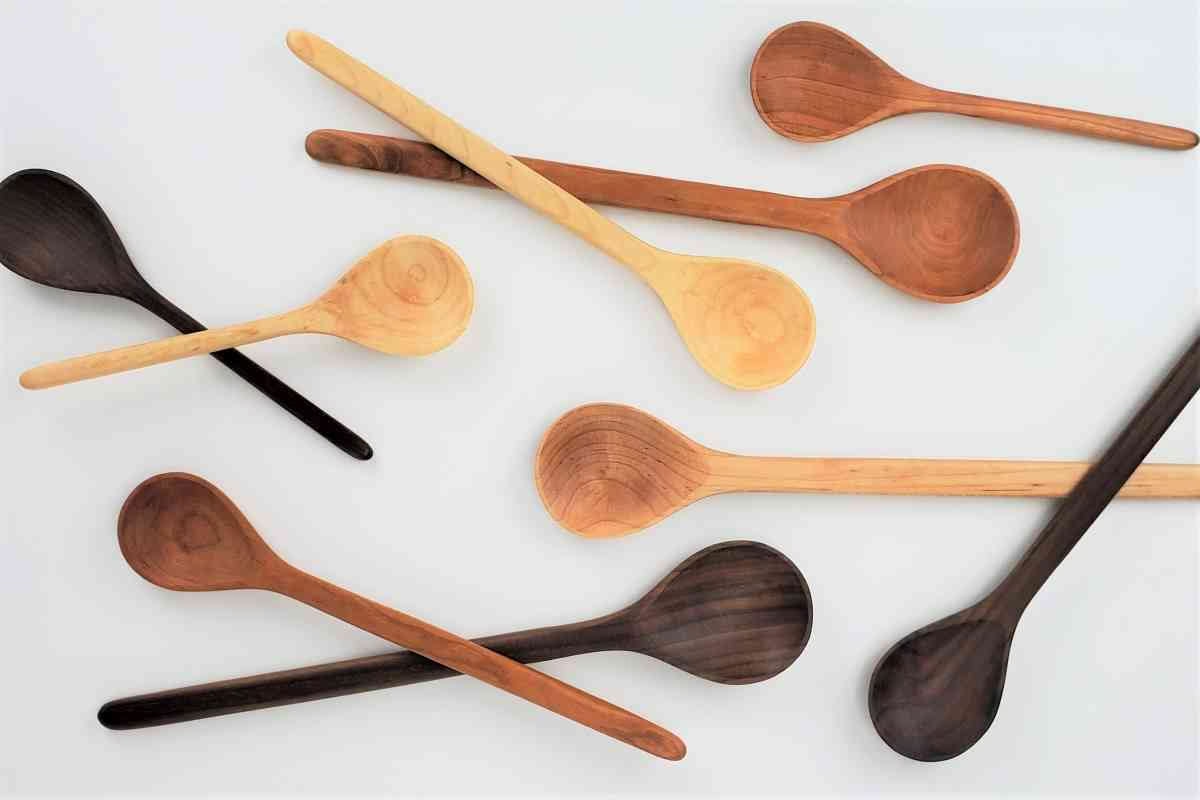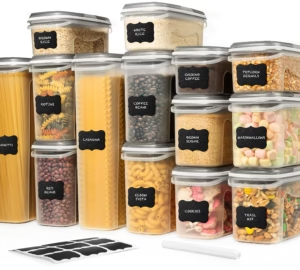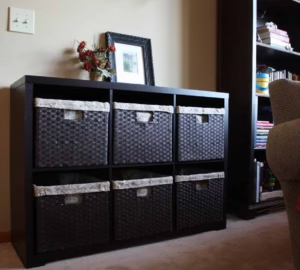In every Kenyan kitchen, from the bustling heart of Nairobi to the quiet rural homes, you’ll likely find a collection of wooden cooking spoons. These humble yet indispensable tools, often referred to as mwiko in Swahili, are deeply rooted in culinary tradition and continue to be favored over their metal or plastic counterparts for a multitude of reasons. They offer a unique blend of practicality, aesthetic appeal, and a gentle touch that preserves your cookware.
At Retail Place, we appreciate the timeless tools that make cooking a joy. This comprehensive guide will explore the many benefits of using wooden cooking spoons in Kenya, the types of wood to look for, essential care tips, and where you can find quality sets for your kitchen.
The Unrivaled Benefits of Wooden Cooking Spoons
While modern materials have their place, wooden cooking spoons possess qualities that make them truly stand out:
Gentle on Cookware: Protect Your Pots and Pans!
- This is arguably the most significant advantage. Unlike metal utensils that can scratch delicate non-stick coatings, cast iron, or even stainless steel, wooden spoons are soft enough to glide across surfaces without causing damage. This extends the life of your valuable sufurias and frying pans.
- Kenyan Relevance: With the increasing popularity of non-stick sufurias and the continued use of cherished cast iron pans, preserving their integrity is crucial for Kenyan households.
Heat Resistant and Safe to Handle
- Wood is a natural insulator. You can leave a wooden spoon in a hot pot of githeri or ndengu stew without worrying about the handle becoming scorching hot or melting, unlike metal or plastic spoons.
- They won’t suddenly change the temperature of what you’re cooking, preventing issues like sugar crystallization in delicate recipes.
Non-Reactive: Pure Flavors Every Time
- Wooden spoons are non-reactive, meaning they won’t react with acidic ingredients like tomatoes, vinegar, or lemon juice, which can sometimes cause a metallic taste or discoloration when using metal utensils.
- They also won’t leach harmful chemicals into your food, a concern sometimes raised with certain types of plastics.
Naturally Antibacterial
- Contrary to popular myth, wood possesses natural antimicrobial properties. Studies suggest that bacteria do not thrive on wooden surfaces and tend to die off over time, making them a surprisingly hygienic choice when properly cleaned and dried.
Durable and Long-Lasting
- Good quality wooden spoons, especially those carved from hardwoods, are incredibly durable. Made from a solid piece of wood, they won’t snap or bend like some plastic or thin metal utensils, even when stirring thick batters or heavy stews. With proper care, they can last for years, becoming cherished kitchen companions.
Aesthetic Appeal & Comfortable Grip
- Wooden spoons add a rustic warmth and timeless elegance to any kitchen. Displayed in a crock, they enhance your kitchen décor.
- They have a natural, smooth, and comfortable feel in the hand, making stirring and mixing a more pleasant experience.
Popular Types of Wood for Cooking Spoons in Kenya
The type of wood impacts the spoon’s durability, appearance, and feel. In Kenya, you’ll commonly find:
- Olive Wood: A highly prized choice, especially for Kenyan-made spoons. Olive wood is dense, non-porous, naturally resistant to bacteria, and has a beautiful, distinctive grain pattern. It’s incredibly durable and long-lasting. You can often find beautifully handcrafted olive wood spoons sold by artisans or fair-trade outlets.
- Bamboo: A sustainable and fast-growing option. Bamboo spoons are lightweight, durable, and resistant to moisture. They are often found in sets and are a very eco-friendly choice.
- Beech Wood: Known for its exceptional strength, smooth texture, and tight grain, making it very hygienic. Beechwood spoons are durable and resist warping.
- Maple, Cherry, Walnut: These are also excellent hardwoods used globally for kitchen utensils due to their durability, smooth finish, and often attractive appearance. While less common for locally carved spoons, you might find imported sets made from these woods.
- Mwiko (Traditional Woods): Locally, mwiko are often carved from various indigenous hardwoods, offering exceptional sturdiness and a deep connection to Kenyan culinary heritage.
Essential Wooden Cooking Spoon Care Tips
To ensure your wooden spoons last for generations and remain hygienic:
- Handwash Only: Never put wooden spoons in a dishwasher. The harsh detergents and high heat can dry out the wood, causing it to crack, warp, or split.
- Wash Immediately After Use: Rinse with warm water and a mild, unscented dish soap.
- Rinse Thoroughly: Ensure all soap residue is removed.
- Dry Completely: Air dry them upright in a utensil holder, or wipe them dry with a clean cloth immediately. Do not leave them to soak in water.
- Oil Regularly (Seasoning): Every few weeks or months (depending on use), rub your wooden spoons with a food-grade mineral oil, beeswax, or even coconut oil. This prevents them from drying out, keeps them conditioned, and maintains their beautiful appearance. Let the oil soak in for a few hours or overnight, then wipe off any excess.
Where to Find Wooden Cooking Spoons in Kenya (Nairobi and Beyond)
Wooden cooking spoons are widely available across Kenya, catering to various budgets and preferences:
- Major Supermarkets: Carrefour, Naivas, Quickmart, and Chandarana Foodplus will have a selection of basic bamboo or light wood spoon sets, often very affordable.
- Local Markets & Handicraft Stores: For authentic, often handcrafted mwiko or beautiful olive wood spoons, explore local markets like the Maasai Market (various locations in Nairobi), City Market, or specific handicraft shops. These often offer unique designs and support local artisans.
- Online Marketplaces: Jumia Kenya and Avechi have a vast array of wooden cooking spoons and utensil sets, including bamboo sets and individual pieces. You can compare prices and read reviews from other Kenyan buyers. Rikeys and Santa Ecommerce also list wooden cooking utensils.
- Specialty Kitchenware Stores: Stores like Hotpoint Appliances, Anko Retail, Vituzote.com, and Kengla Utensils might carry higher-quality, imported wooden utensil sets or more unique designs.
- Fair Trade Shops: For beautifully crafted, often ethically sourced olive wood spoons, check out fair trade organizations or their retail partners in Kenya.
From stirring a hearty matoke stew to serving fresh chapati, wooden cooking spoons are more than just utensils; they are a bridge between tradition and modern cooking. Their unmatched benefits in terms of cookware protection, heat resistance, natural hygiene, and aesthetic appeal make them an indispensable and cherished part of any Kenyan kitchen. Invest in a good set, care for them well, and they will serve you faithfully for years to come.









